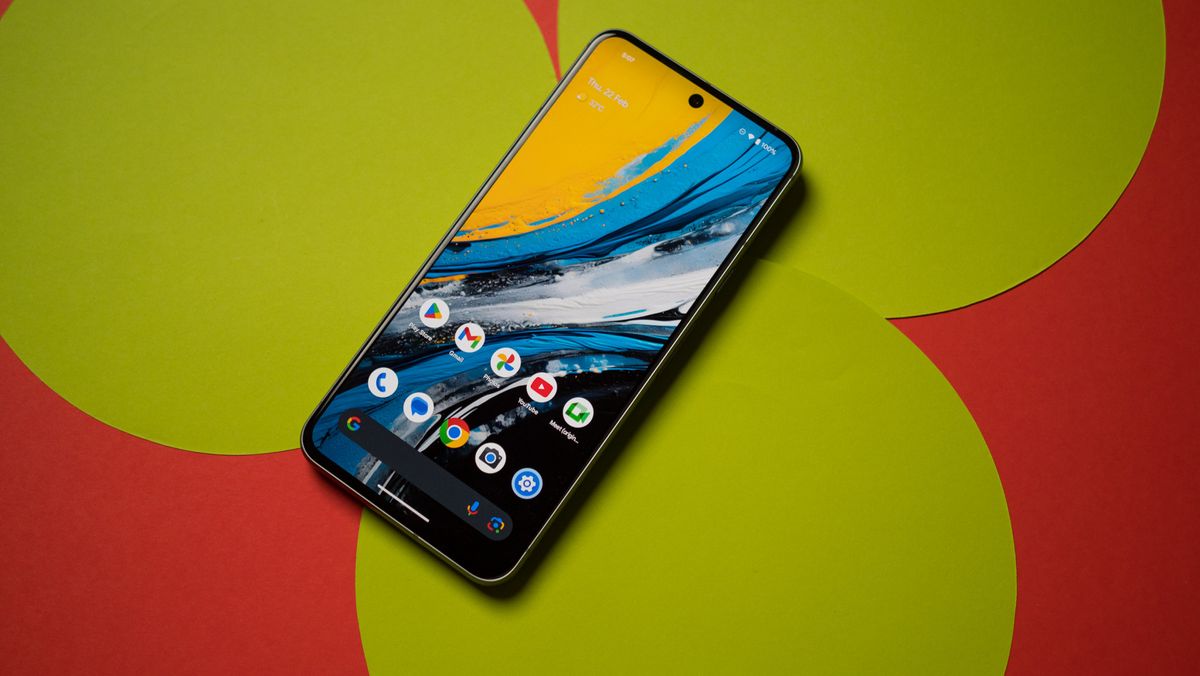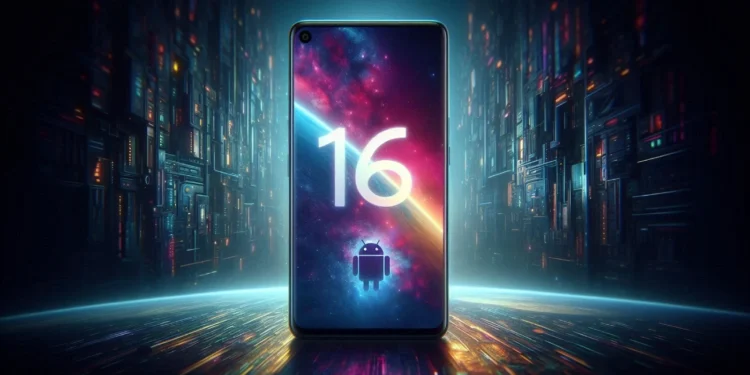Historically, Google has released major Android updates in the fall, aligning with the industry’s usual rhythm. However, this year marks a significant change. Google plans to roll out Android 16 in the second quarter of 2025, a move likely spurred by the desire to get ahead of Apple, which traditionally unveils its new iPhones in September. By advancing its schedule, Google ensures that its hardware—starting with the Pixel 9 series—debuts with the latest software, avoiding the obsolescence that could occur if it adhered to previous timelines.
This decision could be a game-changer in the smartphone market. Historically strong sales figures for the Pixel 9, which launched a month before the iPhone 16, suggest that consumers are responsive to Google’s strategy. By continuing to introduce new Pixels and Android versions earlier, Google might attract users who would otherwise wait for the newest iPhone.

Extended Software Lifespan for Pixel Devices
In a related development, the Pixel 6 appears set to receive Android 16, despite Google’s official stance that version updates would cease three years after the phone’s release. This extension, which includes eligibility for the Android 16 developer preview, indicates a potential shift in Google’s update policy, which could also extend to the Pixel 7 in future updates.
DOJ’s Antitrust Concerns with Google
Amidst these developments, Google faces significant legal challenges. A recent U.S. federal ruling determined that Google had monopolized online search, leveraging its dominance to stifle competition. In response, the Department of Justice (DOJ) has proposed that Google divest its Chrome browser and end its default search engine arrangement with Apple’s Safari. This move aims to diminish Google’s control over key digital gateways and foster greater competition in the search engine market.

The implications of such a split are profound. Without the default search engine status in Chrome and Safari, Google could lose a substantial portion of its search traffic to rivals, potentially reshaping the search engine landscape.
The Uncertain Future of Google Tablets
Further complicating Google’s product strategy is the uncertain future of its tablet offerings. Following mixed successes with its previous tablet devices, reports suggest that the upcoming Pixel Tablet 2 has been canceled. This decision might reflect the challenging market conditions and competitive pressures from more affordable and better-received products like Apple’s latest iPads.

As Google navigates legal challenges and market competition, its strategic decisions surrounding Android 16’s early release and extended device support could redefine its position in the tech industry. These moves not only enhance the user experience but also demonstrate Google’s commitment to innovation and competitive agility. However, the broader impacts of DOJ’s proposals and the future of Google’s hardware offerings remain areas of intense speculation and interest.









